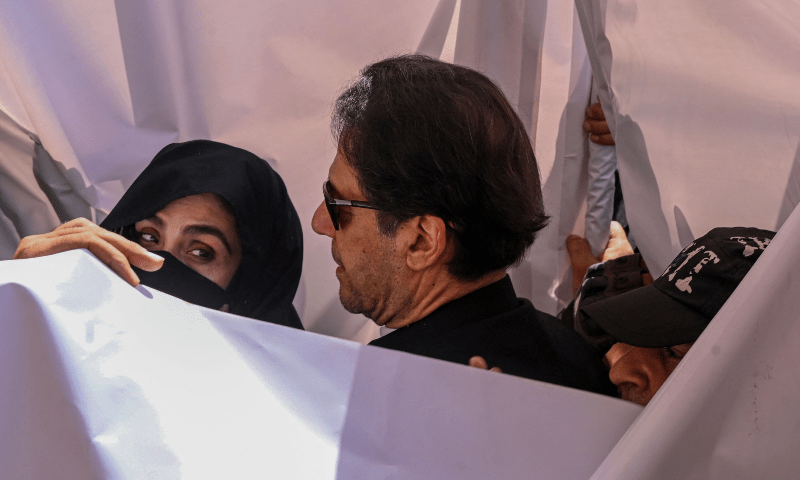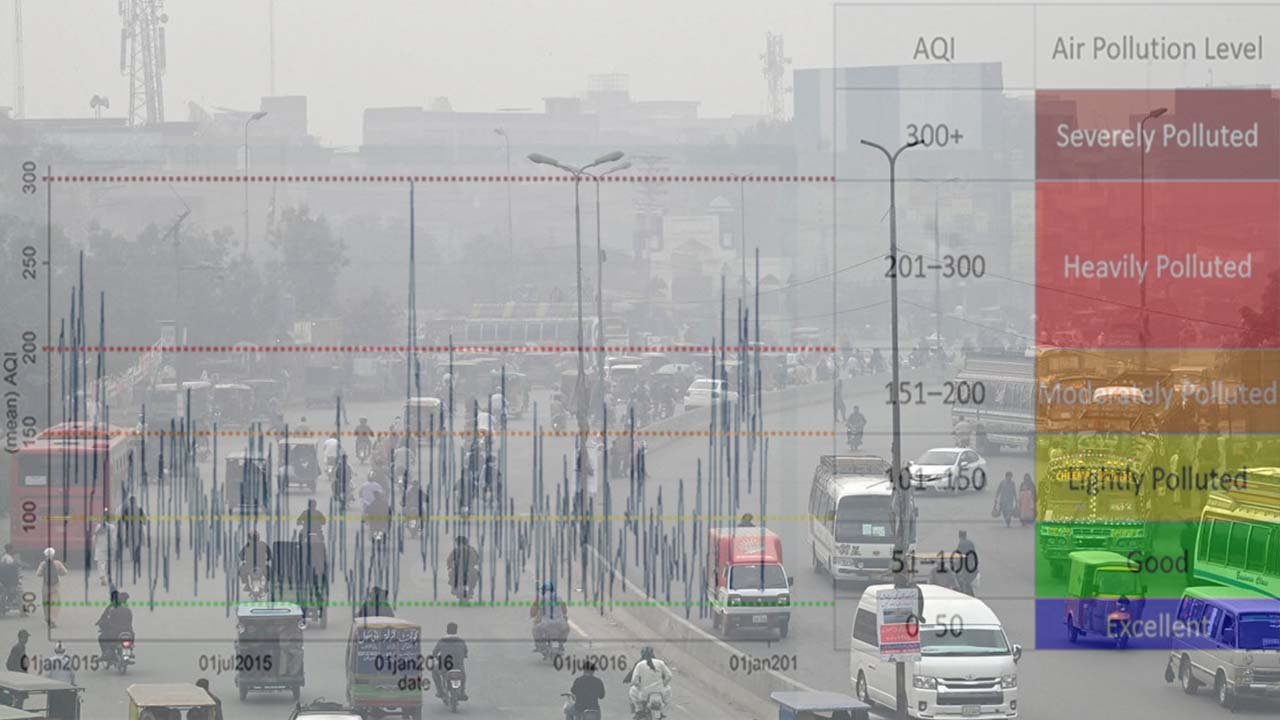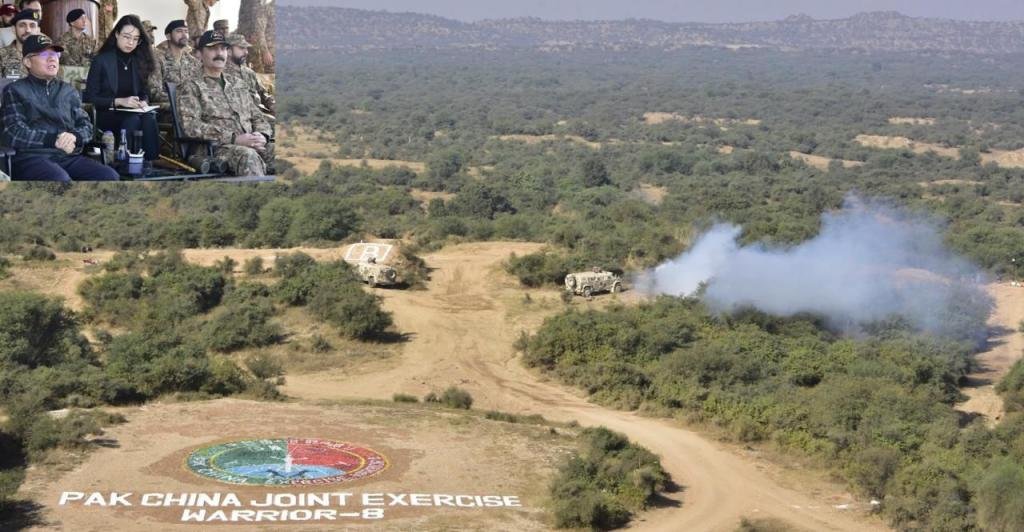Pakistan has reported its first confirmed case of Middle East Respiratory Syndrome-Coronavirus (MERS-CoV), a potentially deadly virus that was first identified in 2012.
The case, detected last month, was confirmed by the World Health Organisation (WHO) and national health officials, according to a report by The News on Saturday.
The patient, a 55-year-old tailor from Kharian near Gujrat, had recently returned from working in the Middle East. He was admitted to a private hospital in Jhelum on September 4, suffering from shortness of breath and heart complications. Health authorities later confirmed that he had tested positive for MERS-CoV, following an alert from officials in the Middle Eastern country where he had been employed.
Patient recovers, contacts tested negative
The patient arrived at Islamabad airport on September 3 and was hospitalized the next day after experiencing severe respiratory symptoms. On September 5, he was transferred to Benazir Bhutto Hospital in Rawalpindi, where he spent several days in the Intensive Care Unit (ICU). After receiving treatment, the patient made a full recovery and was discharged.
Following his recovery, health officials tested over 40 individuals who had been in close contact with the patient. All tested negative for the virus, easing concerns about further transmission within Pakistan. The patient has since returned home to Kharian.
Read More: Imran Khan orders protests to continue, says Meher Bano Qureshi
MERS-CoV, which is distinct from COVID-19, has a high mortality rate of around 36 per cent, though this figure may be inflated due to the underreporting of mild cases. The virus is often transmitted to humans through contact with dromedary camels, but it can also spread between humans, particularly in healthcare settings.
Symptoms include fever, cough, and difficulty breathing, with severe cases potentially leading to respiratory distress.
Public health response and global implications
In response to the confirmed case, Pakistani health authorities implemented stringent contact tracing and monitoring measures. Active surveillance was carried out in hospitals, and healthcare workers received refresher training on infection prevention protocols and case management.
WHO has provided ongoing support to member states in addressing MERS-CoV through updated guidelines.
This incident has heightened global awareness of MERS-CoV, underscoring the importance of rapid public health responses to contain potential outbreaks and prevent international transmission. While WHO has advised that special screening measures at entry points are not currently necessary, it has emphasized the need for robust surveillance of acute respiratory infections.
Despite the serious nature of the virus, health authorities have refrained from imposing travel or trade restrictions related to the case. However, experts stress the importance of continued vigilance, particularly in healthcare settings, where delays in symptom recognition and isolation could contribute to human-to-human transmission.
Public education and hygiene practices, along with cautious interactions with camels, remain critical in preventing the spread of MERS-CoV as the world continues to combat various respiratory infections.
















